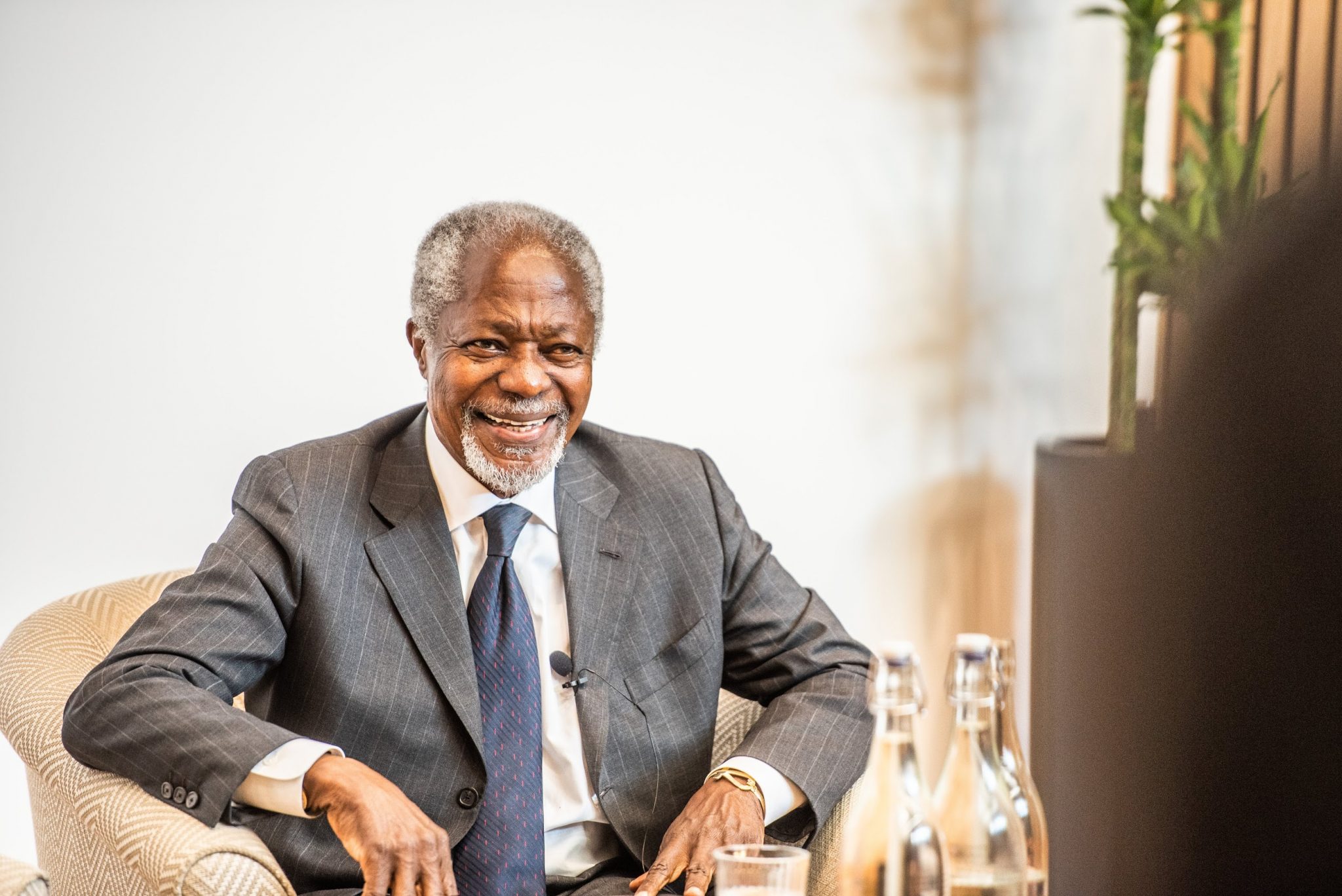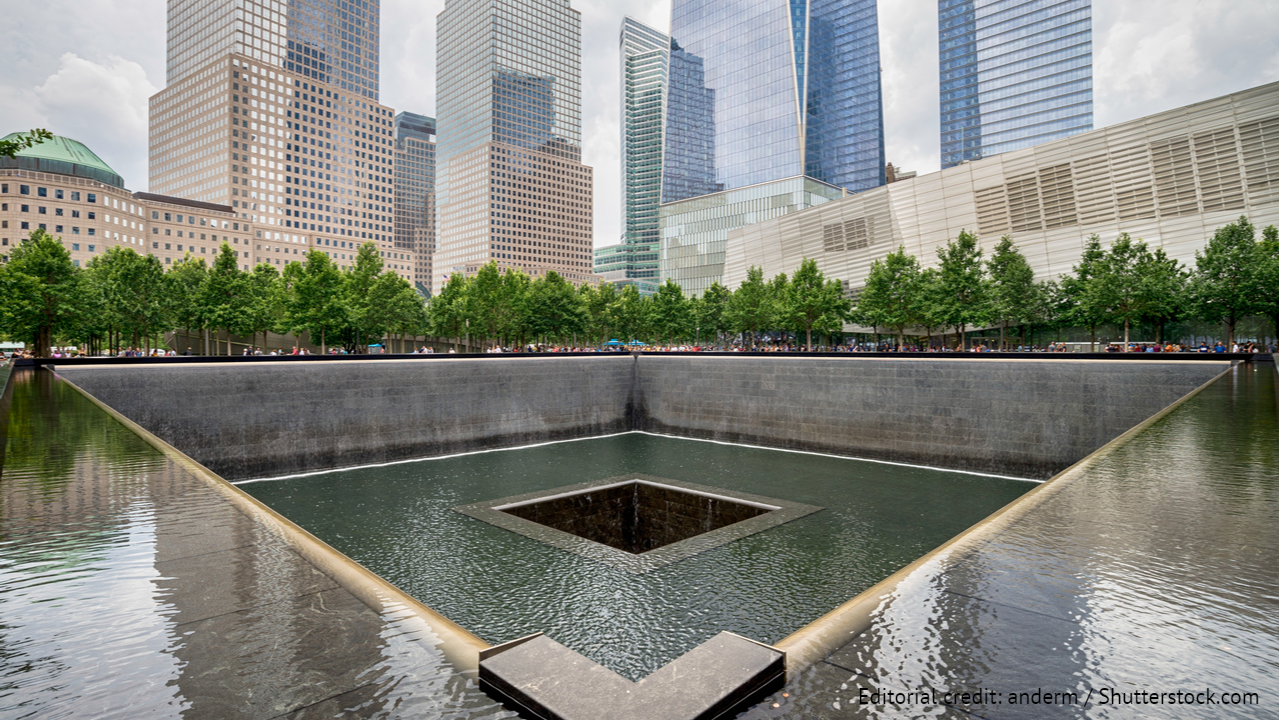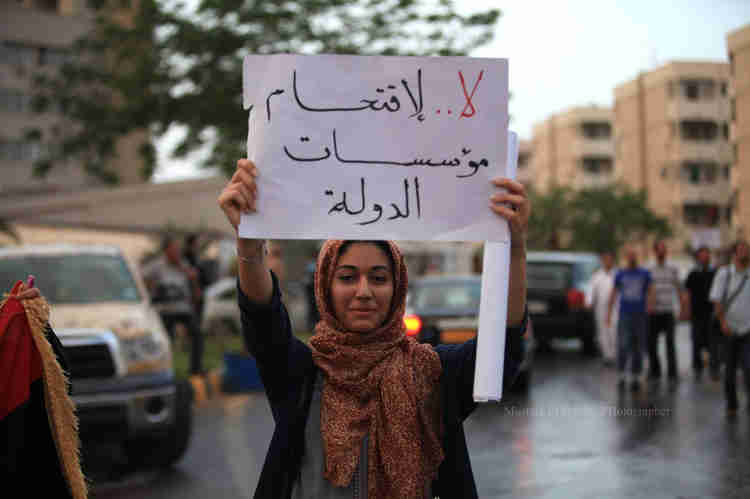Copenhagen is life or death
For the former secretary general of the UN, a failure at December’s international meeting on climate change in Copenhagen, would be a disaster for the world.
During the ten years in which he was head of the United Nations, Kofi Annan, 71 years old, highlighted the importance of climate change. This work helped him to win the 2001 Nobel Peace Prize that he shared with the organization he represented. After 44 years as an official UN economist, Annan, born in Ghana reached a crossroad in his career. Three years ago he moved to Geneva, Switzerland, setting up the Kofi Annan Foundation and adopting a more combative tone. One of his main political topics today is climate change. Along with Bob Geldof, the singer who organized Live Aid in 1985, Annan recently launched the “tck tck tck” campaign to draw attention to the fact that as the clock ticks, the time for a decision on the climate is running out. The UN climate change conference will begin on December 7 in Copenhagen, Denmark, and Annan has no doubt that the time to act is now.
He spoke with Exame by telephone from his office in Geneva.
Exame CEO: What is your expectation of the summit in Copenhagen? Are we still far from an agreement?
Kofi Annan: We still have much work to do. I hoped that this time, as we approach the latest conference, we would have a basic agreement on what the agenda would be. But negotiations are still happening and, for now, we have an agenda with many gaps. In fact, before the G8 meeting in Pittsburgh, the United States, issued a statement calling the on the richer countries, responsible for more than 80% of greenhouse gas emissions, to try to reach an agreement. That would have been a good starting point. I am not sure if we have already reached that stage. I think that each of us has a responsibility to pressure those responsible to reach an agreement.
What kind of agreement will be possible?
The consensus that I would like to see is a 50% reduction in the volume emissions from 1990 by 2050. The medium-term goal would be reductions of 25% to 40% by 2020. But more drastic cuts must come from developed countries. They must lead – if they do not, other nations will not move forward. It is important that the agreement covers, especially in the case of developing countries, land use and the role of forests and reforestation. There should also be resources to help the developing world to adapt to emissions cuts. Finally, it is important that there is technology transfer in the area of renewable energy. I hope that the private sector in industrialized countries will not emphasize the need to protect intellectual property, as this would create difficulties for such transfers.
And if the agreement does not come out?
It will be a disaster. If we lose the opportunity to do something in Copenhagen, when do we have another opportunity? So I say that the conference is a time of life and death for humanity. And it can not fail. Remember that even if we succeed in Copenhagen and the agreement enters into force in 2012, many countries will still need to ratify it. Some, like the United States usually take a long time to ratify international agreements. Therefore we have no time to lose.
Is it possible to combat global warming with only a treaty or a series of agreements?
I think this approach to various agreements is ineffective and dangerous. Today it is evident that many countries are waiting to for others to act. Now is the time for action. We understand that the situation is dangerous for everyone. It is already difficult to ensure that everyone will complete their share of a single agreement. If there are a number of them, it will be even more complicated.
What are the human and economic costs of climate change that we can feel today?
Many people seem to think that climate change is something that has not happened. But it is already having a real impact. A recently published study showing that global warming kills about 300 000 people each year due to the transformation from fertile land into deserts, and the constant risk of a switch between drought and flooding. The president of Kiribati, a small country in the Pacific, told me the other day he thought his countrymen would still have 100 years to think about what to do, when in March the sea level soared. Suddenly, they found that the sea is already rising and made an agreement with New Zealand to manage the emigration of its population. Recently, the president of the Maldives said he was looking for land in other countries. This should be intensified. The situation of the poor, who lack the resources to adapt, is very serious. They need help now.
Are Brazilian diplomats supporting the changes needed in Copenhagen?
To my knowledge, the Brazilians have been very active, especially in relation to the whole issue of rainforest protection and reforestation – which is extremely important. In general, Brazil has been much more active than other emerging countries, but the real test will be in Copenhagen. All negotiators must have clear instructions and match the ambitions of their governments to close a deal. There are countless examples of supposedly good negotiators, but who do not receive support from their leaders and never manage to sign agreements. It is for this reason that some negotiations end up dragging on indefinitely. We have recently seen the Doha trade agreement fail. We can not afford that to happen in Copenhagen. But I also think that companies and people need to get involved. We can not leave it in the hands of our politicians. If we get up and exert pressure with our collective voice, the world leaders can not ignore us.
How can countries such as Brazil protect their forests?
We can succeed in protecting the forests through the creation of incentive schemes. Countries like Brazil are fighting to protect our collective good – when I say our, I mean all of humanity. And, therefore deserve some compensation. With this compensation it will be possible to offer people an alternative lifestyle, so they are not required to clear the forest to plant or raise cattle. You will be able to secure deep cuts in carbon emissions in coming decades.
Would it not be cheaper and more effective to do so in the second half of the century, when green technologies will be further developed and probably cheaper?
There is no doubt that man’s actions have had an impact on the climate. The accepted scientific view is that the greenhouse gas emissions should be reduced. There are other sources of air pollution with which we also have to deal with. Moreover, we must move forward in innovation, “Green” technology, and use energy more efficiently. Finally, we must make the transition from a high-carbon economy to an alternative low-emission economy. The common view is that if we delay and do not make those cuts now, it will be even more expensive to try to deal with the crisis later. I know that the climate theme can be difficult for the politicians due to the economic crisis. People are worried about their jobs. At this time, when new things are being proposed, many people are a little nervous. But it is possible explain that everyone will be making a sacrifice now for a better tomorrow.
Let’s imagine for a second that Copenhagen has been a great success and the countries agreed to make the cuts. Can we be sure that all countries are, in fact, doing what was agreed?
It is vital that there is accountability and advances are measurable. And most importantly there needs to be transparency. In developing countries there will be help from the rich, everyone will be asking how much, to whom the money will be paid, and how the balance will be split. We will need to establish measures to punish countries that do not play their part. We were able to find a solution similar to that in trade. Today, countries can not violate certain rules, under the risk of sanctions stipulated by the World Trade Organization. I hope that similar arrangements can be made in relation to climate.
Are you suggesting some kind of trade retaliation for those who fail to comply with environmental goals?
Not at all. I’m not thinking in terms of trade retaliation. Otherwise, we will see protectionism rearing its head. Some countries may feel the right to impose barriers to products of those nations that supposedly are not doing their part in the environmental area. Hence for trade war of global scope could be a leap forward.
Does the world needs a new organization framework to deal with the issues of climate change?
This is a topic that has been discussed for some time. We have one arm of the UN focused on climate issues, the United Nations for the Environment. Before taking any decision, we need to ask some questions.
If we create a new multilateral organization, will it be a completely new unit?
Personally, I’m still not convinced that we need more than one body. Sometimes we rush to build structures with the illusion that it will therefore led to something concrete. For me, the genuine demonstration of political will is more important than the creation of a new acronym.
What should be the role of the private sector?
Making the global economy greener can be as important as the industrial revolution. There will be many opportunities for business creation and jobs. And, of course, the private sector can play a role in how it targets investments, as well as their research and new inventions. But the government must also create an environment that encourage businesses to do so.
And we – individuals – have power. We have power by the way we use our vote, the choices we make, what we buy, the companies we support, how we use energy. We’re all in this together. Each of us has a role.
-Ends-



